Those are some of the most powerful words a teacher can say to a student or a class.
I didn't say them often but when I did, the recipients were usually taken aback.
If I was anything as a teacher, I was decisive – and correct 99.9% of the time. I kept ambivalence in my demeanor to an absolute minimum.
One day, after playing something pseudo technical at the piano, a kid asked, “Do you ever make mistakes?”
“Of course”, I responded. “Why, back in 1982 I made a mistake playing a piece by Bach.” Trust me, they got the humor, especially after I explained to them that I make mistakes all the time just like they and their parents do, that I rarely call attention to a mistake or dwell on it, and that I try to make the mistake work in a positive way in whatever I next did or played.
When you tell someone that you made a mistake, pause a bit, maybe three seconds, and apologize sincerely. Let the receiver savor the moment.
You never know how much impact that admission is going to have on its benefactor.
As an incoming freshman attending college band camp, I made the imprudent move of referring to my band director as an asshole while he was standing right behind me on the field. I apologized profusely but he did not forgive me. He held it against me for the next four years.
From that day on for four years, he took just about every opportunity to deride me and ridicule me in public with my peers and teachers. Once, he interrupted a conversation I was having with composer Vincent Persichetti and said to Persichetti, “Don’t bother listening to him. He doesn’t know anything.”
It was like that until midway through my senior year.
I had just completed my student teaching at Christiana High School. My college band director was also in charge of student teacher observations and had watched me teach and lead a band several times.
When he called me in for my final conference after I completed my stint of student teaching, he started with silence and stayed with that for about thirty seconds. I thought he was going to yell at me but what he said was this:
From there, he went on to rattle off a few things that he considered were my strengths. I never expected him to say anything like that to me, not after the past four years.
We went on to be the best of friends for years to come.
I remember telling somebody about it later that day and they asked if he apologized for holding a grudge and treating me like garbage for four years.
No, he didn’t apologize. Nor was one expected by me. I was the one who initially offended him.
What he did do was admit that he had been wrong.
So if you make a mistake with your students, first things first.
Own it.
Then say, “You know . . . . “
Pause.
“You were right . . . .”
Pause.
“And I was wrong.”
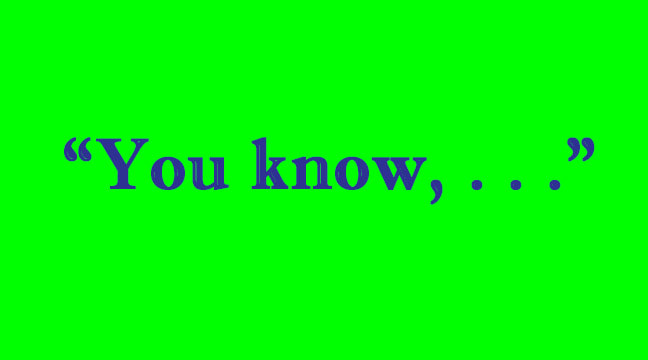

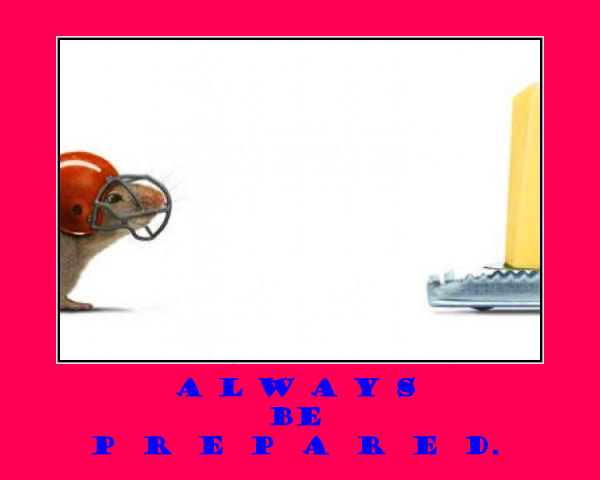
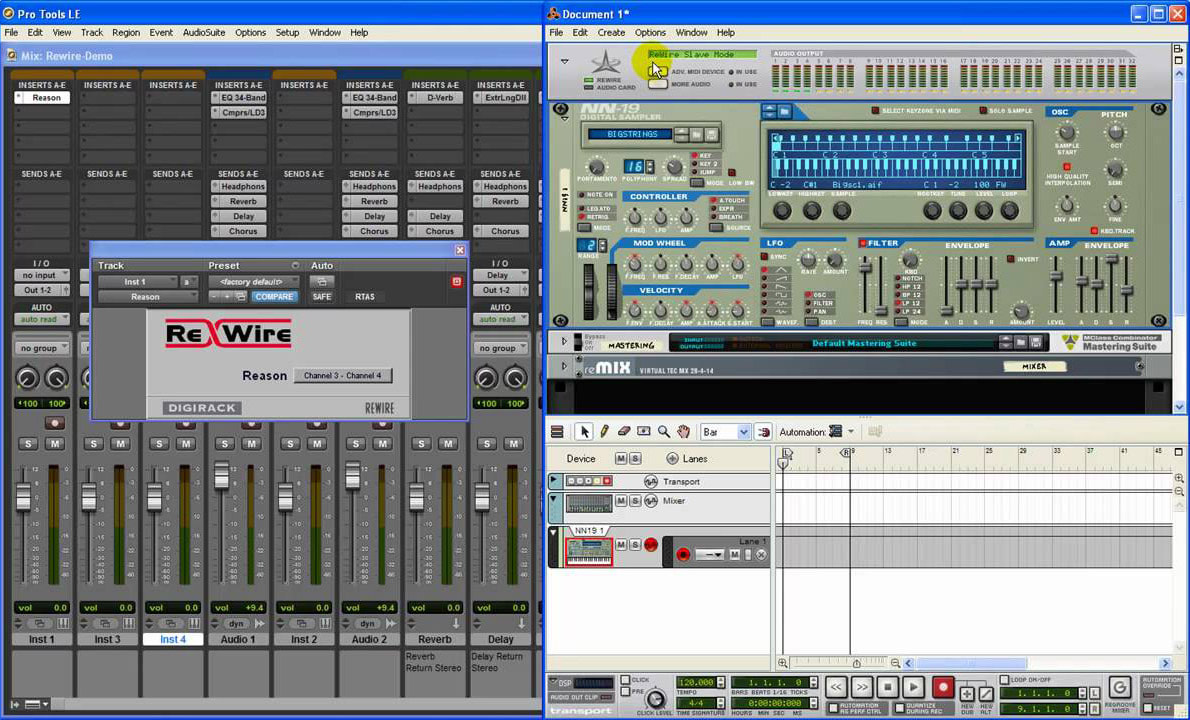
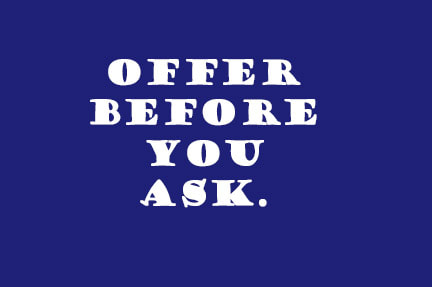
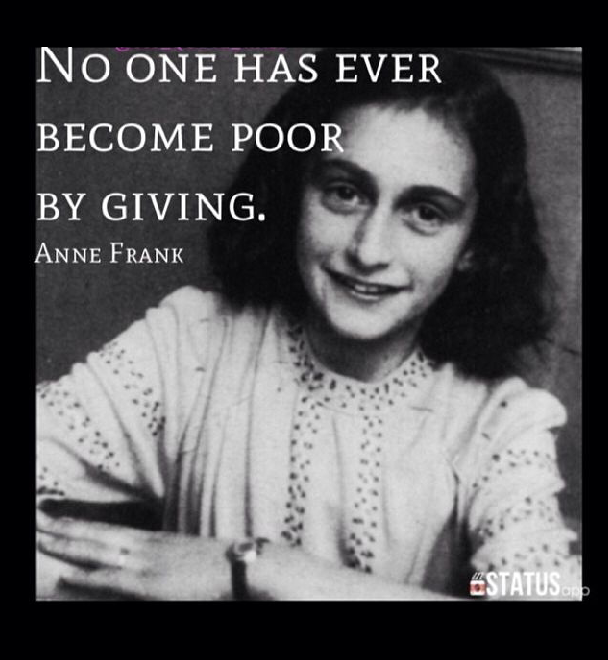
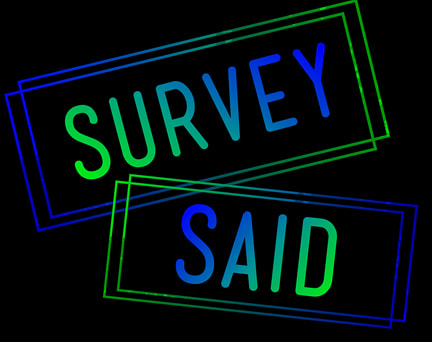
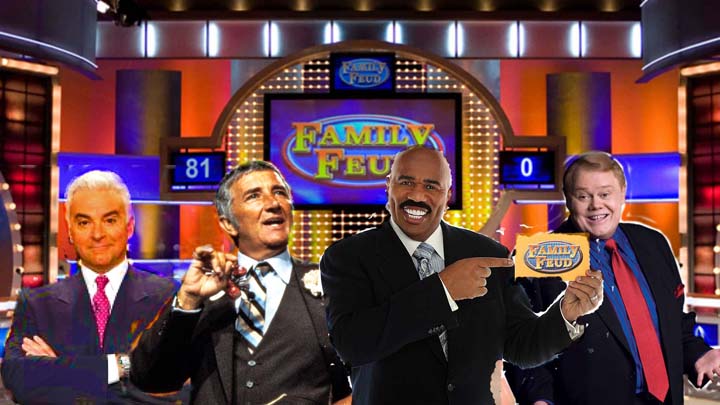
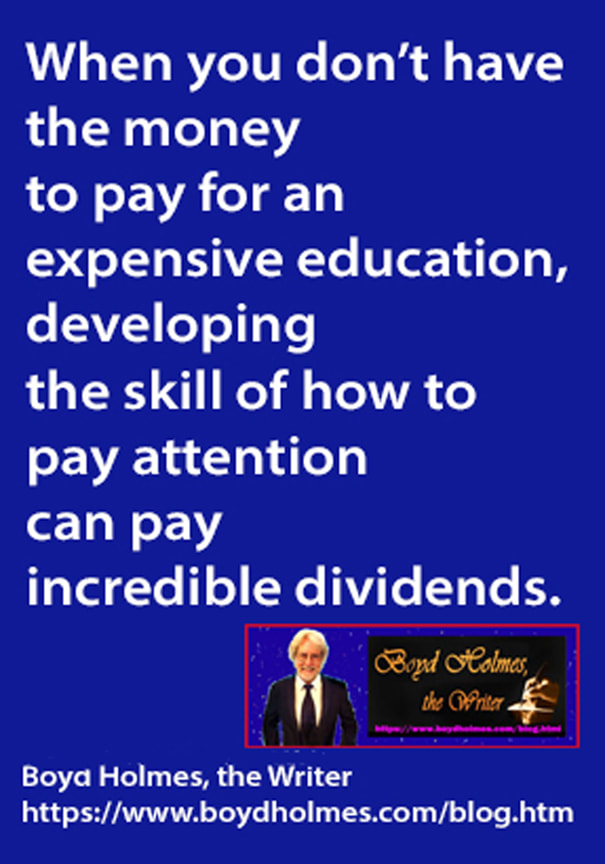
 RSS Feed
RSS Feed